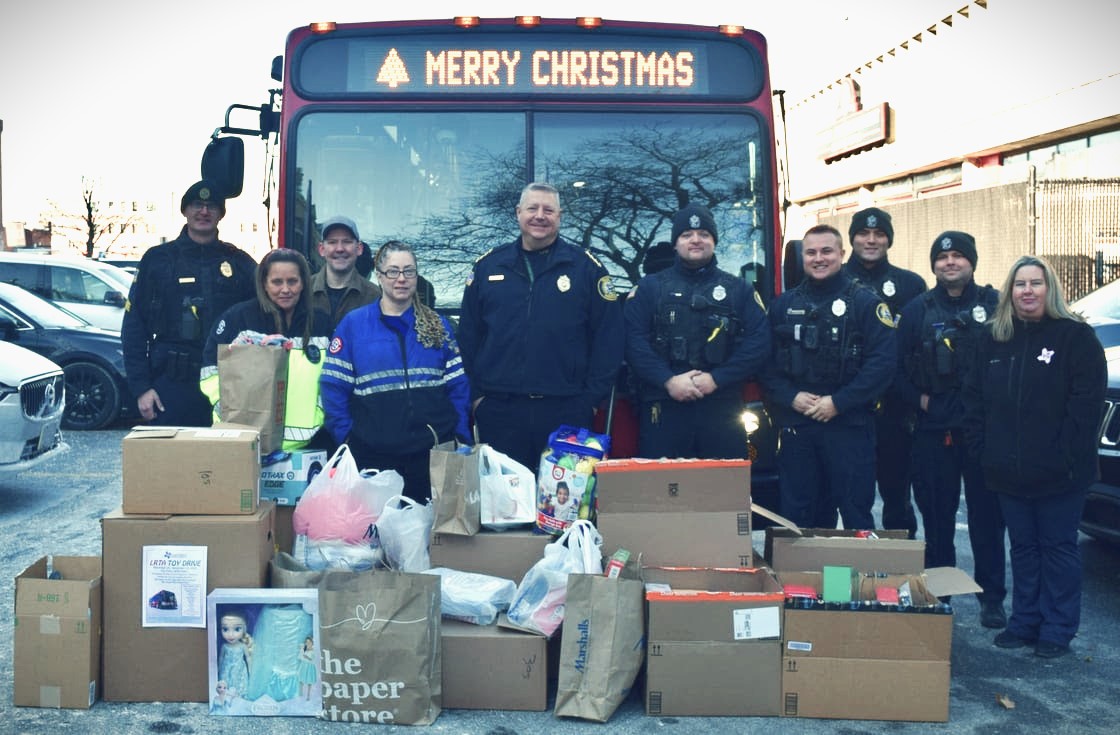Israeli Settlers Assault Palestinian Farmers During Olive Harvest

Israeli settlers attacked Palestinian olive harvesters in the West Bank this week, resulting in serious injuries for at least one woman. The assault occurred on Sunday in the town of Turmus Ayya, where videos obtained by The Associated Press show settlers using clubs against Palestinian farmers and activists. Palestinian health officials reported that the woman was hospitalized following the incident. This attack highlights a troubling rise in violence against Palestinians as the olive harvest season begins.
According to the U.N. Human Rights Office, settler violence has escalated dramatically. Ajith Sunghay, head of the office, stated, “Settler violence has skyrocketed in scale and frequency.” With the olive harvest just two weeks underway, there have already been numerous severe attacks on Palestinian harvesters, including men, women, children, and foreign activists.
Footage from the assault shows a masked individual attacking at least two people in an olive grove, with one victim lying motionless on the ground. The masked assailant appeared to be wearing tzitzit, a traditional Jewish garment. Following the incident, the Ramallah-based Palestinian Health Ministry confirmed the hospitalization of the injured woman.
In a separate video, a group of more than a dozen masked men chased a car down a village road, attacking the vehicle and attempting to force the door open. One passenger managed to escape as the assailants pursued him. Another video captured the aftermath of the violence, showing flames and smoke rising from several burned vehicles.
The head of the West Bank police force expressed concern over the footage, stating that it “kept him up at night,” and directed officers to ensure justice is served against the perpetrators. Despite this, both the Israeli military and police did not provide a comment when approached by the Associated Press.
Turmus Ayya, predominantly populated by Palestinian Americans, has historically been a target for settler violence, which has intensified since the onset of the Israel-Hamas war. The area is surrounded by Israeli settlements and outposts, making it particularly vulnerable. Tensions flared this year following the death of a 14-year-old Palestinian-American, Amer Rabee, at the hands of Israeli forces in April. Protests against settler violence have frequently led to clashes.
The rise in settler violence is evident across the West Bank. The U.N. reports that the first half of 2025 witnessed 757 settler attacks resulting in casualties or property damage, a 13% increase compared to the same period in 2024. During the first week of the olive harvest season alone, over 150 settler attacks were recorded, with more than 700 olive trees either uprooted, broken, or poisoned, according to Muayyad Shaaban, who oversees a Palestinian Authority office that monitors such violence.
The West Bank was captured by Israel during the 1967 Mideast war, along with east Jerusalem and the Gaza Strip. Palestinians aspire to establish an independent state in these territories. Advocacy for settler interests is significant within the Israeli government, with key figures holding important cabinet positions that influence policy in the West Bank.
The increasing frequency and severity of these attacks during the olive harvest season raise concerns for the safety of Palestinian farmers and their supporters, as violence continues to overshadow agricultural traditions in the region.





